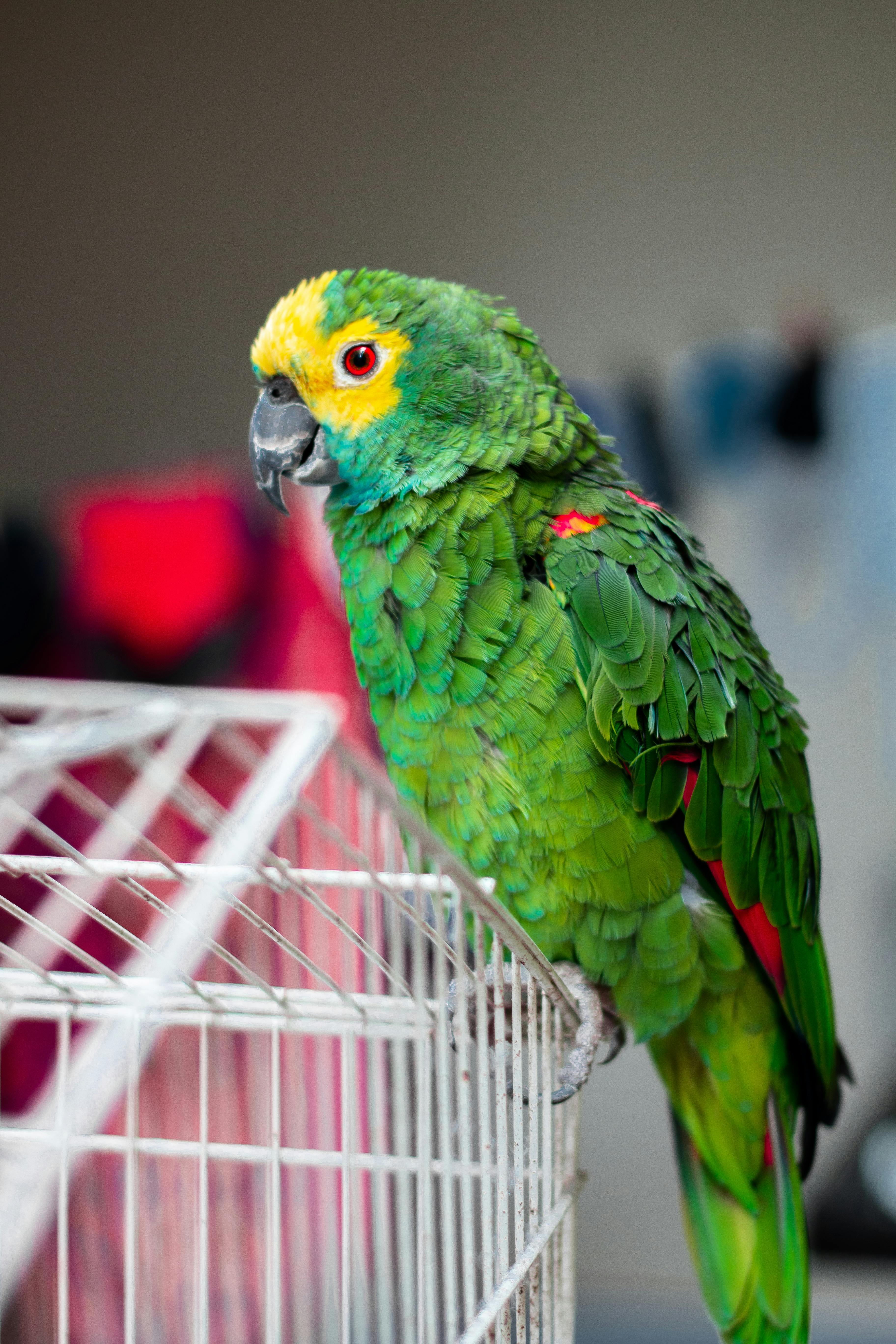How to Choose the Right Bird Cage for Your Feathered Friend

How to Choose the Right Bird Cage for Your Feathered Friend
Choosing the perfect home for your bird is paramount to ensuring its happiness and health. Like selecting a house for yourself, picking the right bird cage requires careful consideration of several factors. This guide will help you navigate through the choices and find the ideal cage that suits both your space and your bird's needs.
Understanding Your Bird's Requirements
Before diving into the myriad of cage options available, it's important to understand what your bird needs. The size of the bird is the most crucial factor. Larger birds like parrots will require larger cages to allow for sufficient movement and exercise, whereas smaller birds such as canaries and finches need less space. However, even smaller birds benefit from more room, so always opt for the largest cage possible within your budget and space constraints.
Material Matters
The material of the cage is another important aspect to consider. Stainless steel cages are durable, easy to clean, and safe for your birds since they can't chew through them. Powder-coated cages offer a variety of colors but ensure the coating is non-toxic. Avoid cages with zinc or lead, which are toxic to birds if ingested.
Bar Spacing and Cage Shape
Appropriate bar spacing is critical to prevent your bird from escaping or getting injured. Small birds require smaller bar spacing while larger birds can handle larger spaces. Additionally, the shape of the cage can affect your bird's health. Angular cages can create unsafe corners, so cylindrical or rounded cages are often a safer choice because they provide continuous flight paths.
Cage Placement and Accessories
Where you place the cage in your home is just as important as the cage itself. A location with a stable temperature away from direct sunlight and drafts is ideal. The area should be social enough that the bird feels part of the family but not too noisy or high-traffic, which can cause stress.
Inside the cage, ensure there's enough space for perches at various heights and materials, feeding bowls, and perhaps toys to keep your bird entertained and engaged. Proper perch placement and variety are important to prevent foot sores and promote health.
Easy Maintenance
Look for a cage that is easy to clean. Cages with removable trays, easy-to-clean surfaces, and accessible food and water containers will make your daily maintenance routine much simpler and benefit the overall health of your bird.
Putting It All Together
Now that you know the essential aspects to consider, you can begin searching for the perfect cage. Whether you shop online or in a store, always check reviews and product descriptions to ensure the cage meets the necessary safety standards and features. Your bird's cage is not just its habitat but its sanctuary, so take the time to choose wisely!
Making the Choice
With the right information and a thoughtful approach, picking the best cage for your bird can be a simple and enjoyable process. Remember, a happy bird is a healthy bird, and a suitable home plays a huge role in its wellbeing.